What to do in Serbia: 20 must-sees and must-dos
Pierre
15 Sep 2023
Wondering what to do in Serbia in two weeks, 10 days or 3 weeks?
We’ve put together this guide for you, to ensure you have an unforgettable trip.
Stretching some 450 km from north to south, Serbia is a fascinating mix of cultures, histories and landscapes. Between its plains to the north and its rugged mountains to the south, it hides priceless treasures.
Ah, Serbia, where rivers dance through ancient forests and the echoes of legends echo through the valleys.
Come and let yourself be charmed by its mysteries.
Your online travel health insurance
Start your quotation now and obtain your medical insurance certificate, which insures medical expenses according to the country’s needs.
Belgrade, the capital of Serbia, sits proudly at the confluence of the Sava and Danube rivers.
It is surrounded by historic fortresses and verdant parks.
At its heart, the Kalemegdan fortress dominates the town.
A stroll along the pedestrian Knez Mihailova street is a must, as is a lively evening in the boat bars or “splavovi”.
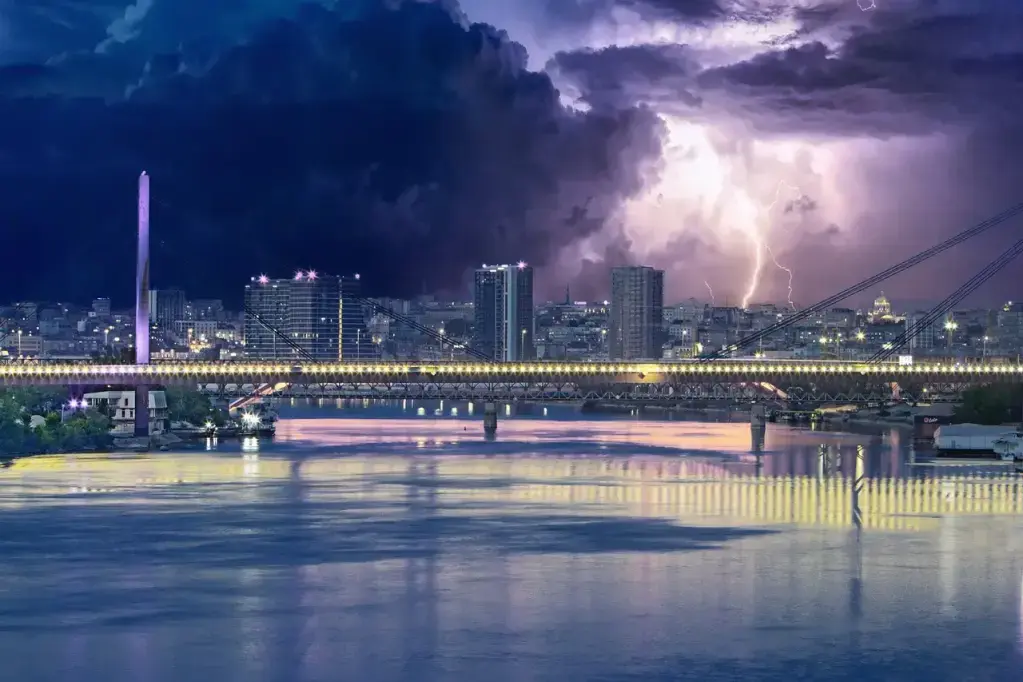
Novi Sad, situated on the banks of the majestic Danube, is Serbia’s second-largest city.
The Petrovaradin, this imposing fortress, watches over the city from its hill.
The town offers the Zmaj Jovina Promenade and Liberty Square, perfect places for a stroll.
The famous EXIT festival, one of Europe’s biggest music festivals, takes place every year at the Petrovaradin fortress.

Niš, in southern Serbia, is considered the cradle of the Byzantine Empire.
The Niš fortress and the Skull Tower are historical must-sees.
Local markets and bustling streets offer an immersion in Serbian daily life.
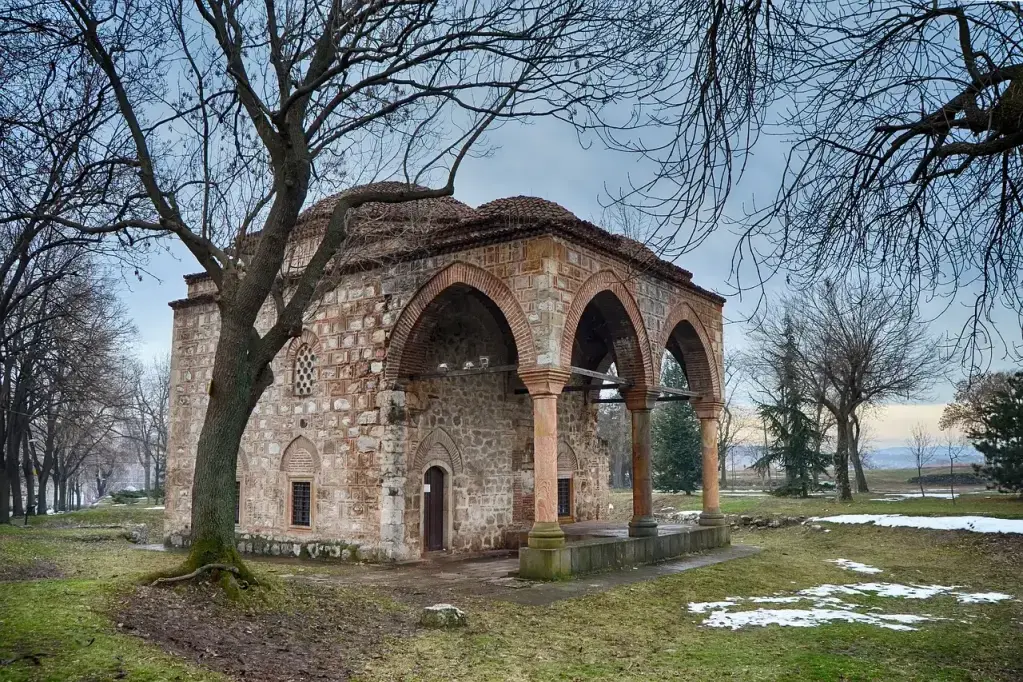
Subotica, in northern Serbia, is close to the border with Hungary.
The town hall and synagogue are masterpieces of Art Nouveau.
Cultural festivals and traditional markets abound, offering a vibrant mix of heritages.

Kragujevac, in the heart of Serbia, lies on the banks of the Lepenica River.
The Šumarice Memorial and the Arsenal are silent witnesses to its tumultuous past.
The city is also home to a number of cultural festivals, reflecting its rich artistic heritage.
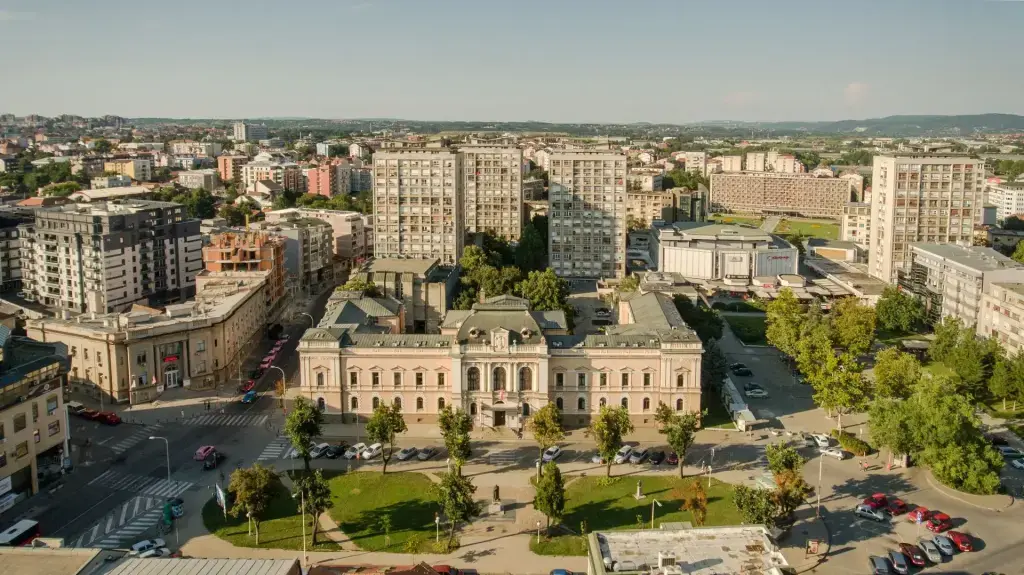
Zlatibor is an attractive mountain in western Serbia, surrounded by lush green valleys.
The village of Drvengrad and the Šargan Eight railway station captivate every visitor.
Hiking and nature walks are the favorite activities here. Did you know that Zlatibor is also renowned for its healthy air and spa treatments?
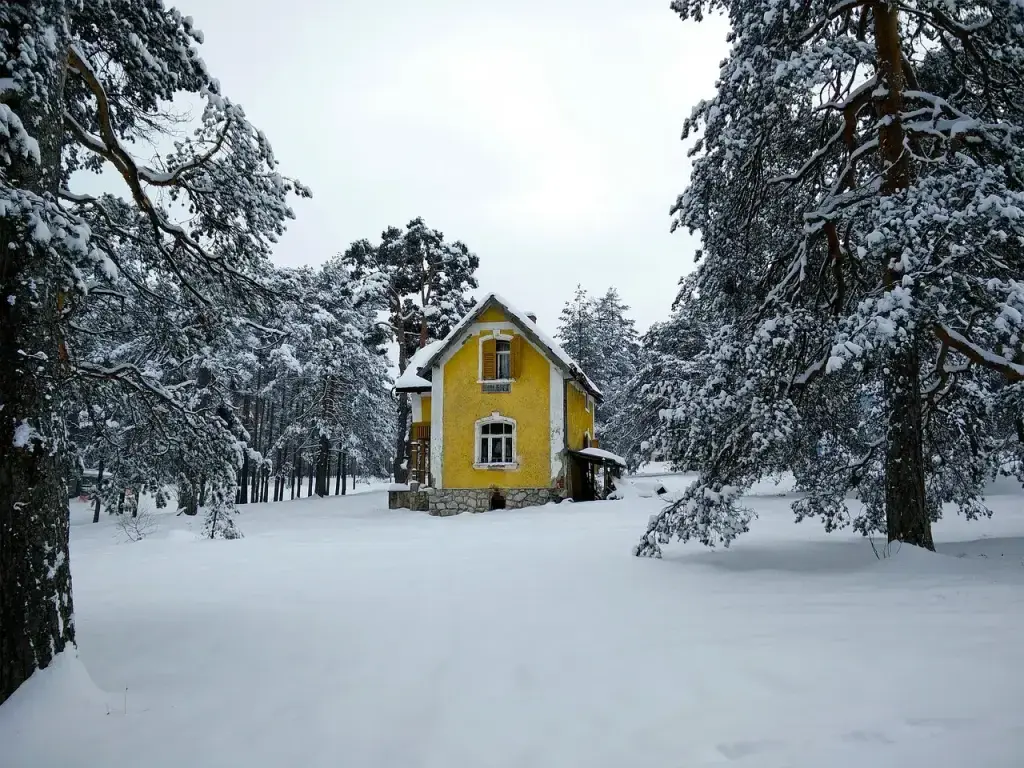
Tara National Park, located in western Serbia, is a true natural gem.
Here, the Drina Gorge and its dense forests offer breathtaking scenery.
Activities here include hiking, birdwatching and rafting.

The Studenica monastery in south-west Serbia is an eloquent example of medieval architecture.
Its frescoes and chapels are masterpieces not to be missed.
This sacred site is also a place of meditation and pilgrimage.
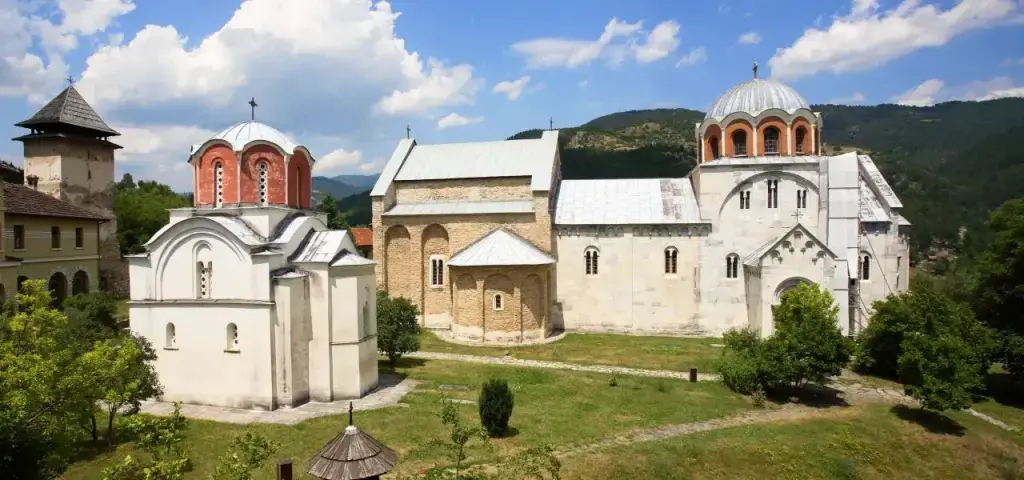
Gamzigrad-Romuliana, in eastern Serbia, is a preserved Roman imperial palace.
Surrounded by mighty walls, its ruins evoke a majestic past.
This ancient fortified complex offers a glimpse of Roman architecture and archaeological remains.

The Drina River, winding its way through the Balkans, forms a natural border between Bosnia-Herzegovina and Serbia.
Its calm green waters hide deep gorges and dense forests.
Here, outdoor enthusiasts can enjoy kayaking, fishing or simply contemplating the outdoors.
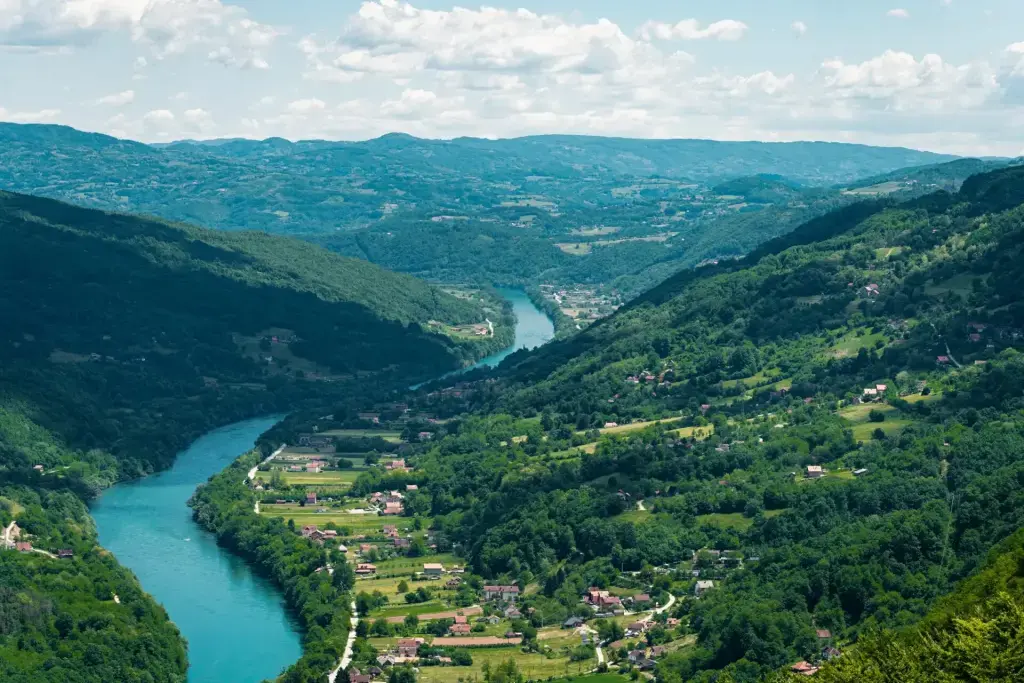
Fruška Gora, nicknamed the “Mountain of Serbia”, is located in the autonomous province of Vojvodina.
Around it, Orthodox monasteries stand proud, like guardians of the past.
The national park is also popular for hiking and picnicking in the great outdoors.
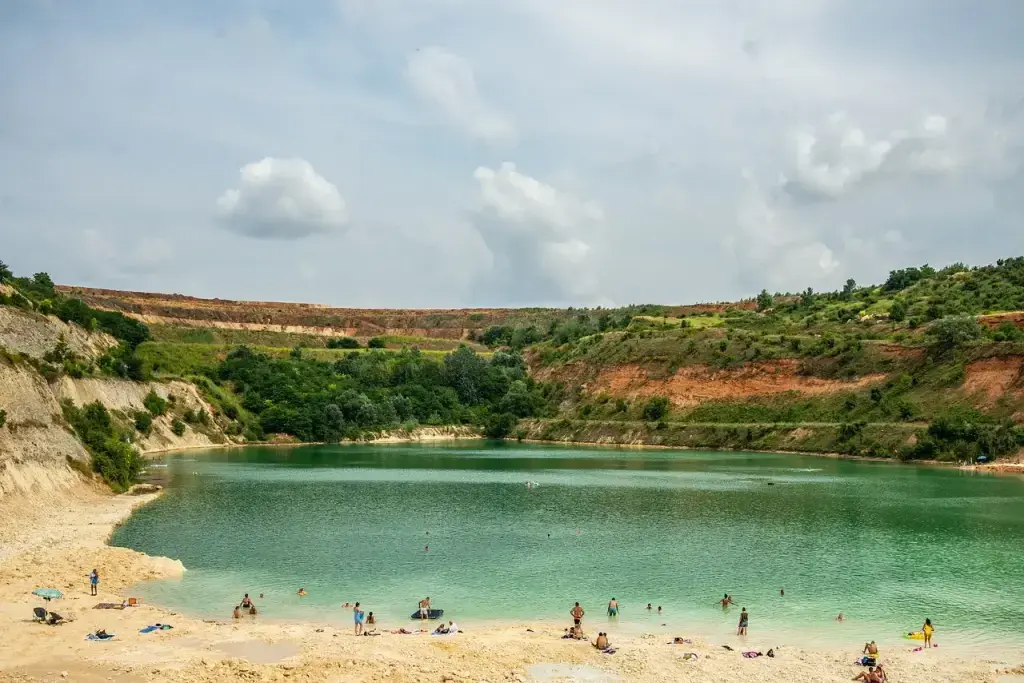
opaonik National Park, in southern Serbia, is a natural gem.
Dominating the region, Mount Kopaonik is the country’s largest ski resort.
In summer, the slopes become trails for hikers and mountain bikers.
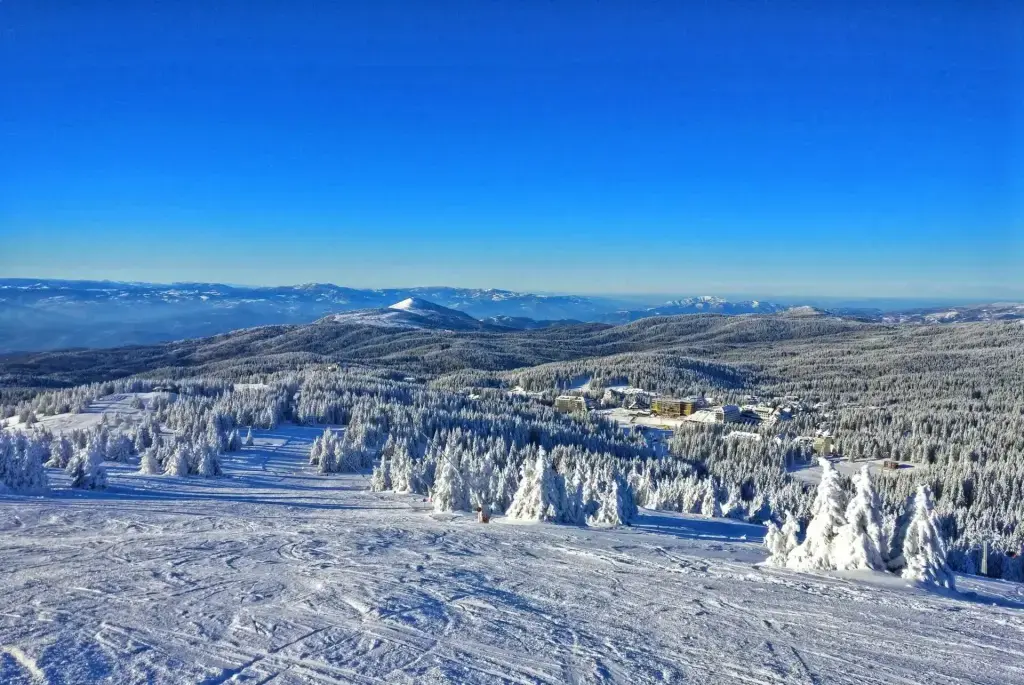
The Sokobanja fortress, perched high above the town, proudly dominates the spa.
This historic vestige bears witness to the region’s rich past.
Visitors can explore its ramparts and enjoy panoramic views over the valley.
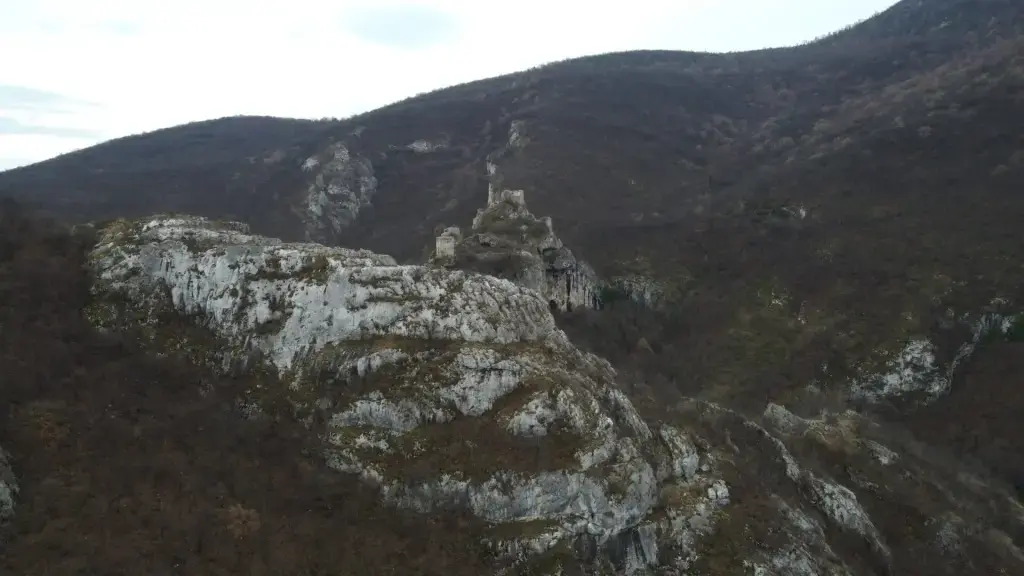
Drvengrad, nestled in the mountains of western Serbia, is a unique ethnic village.
Built by renowned director Emir Kusturica, it depicts traditional Serbian culture.
The cobbled streets, wooden houses and cultural events offer a glimpse into the past.
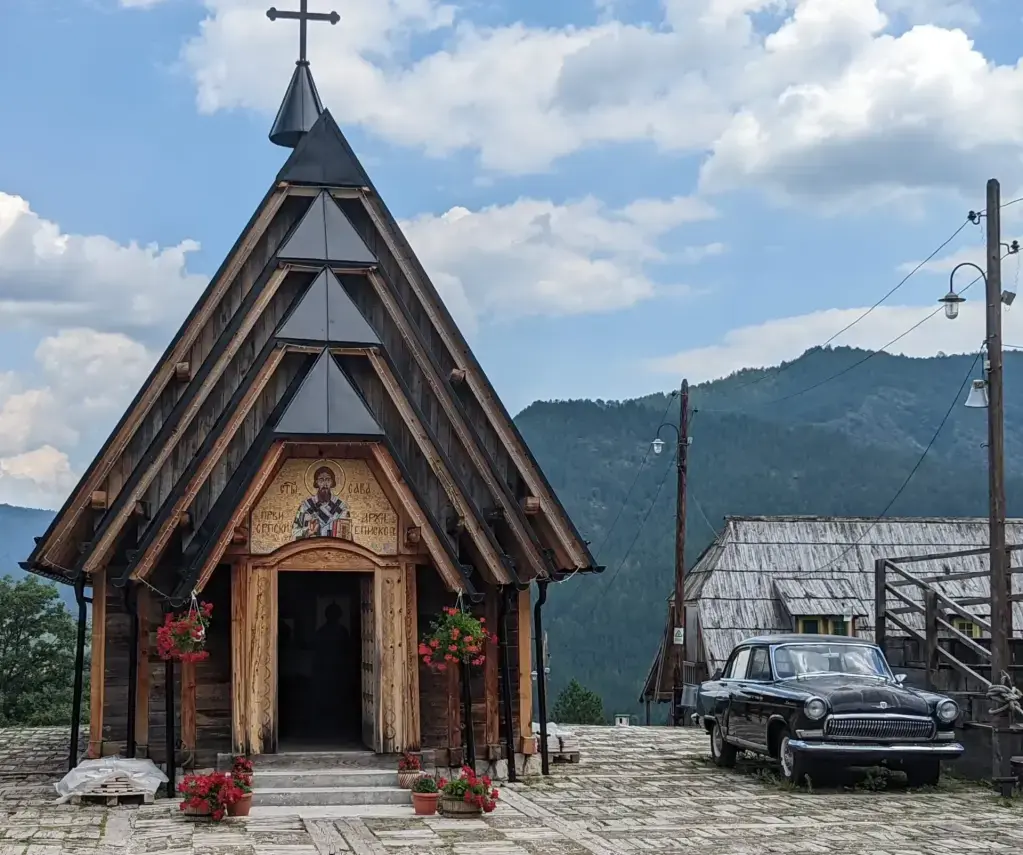
Đavolja Varoš, located in southern Serbia, is a spellbinding natural wonder.
Two hundred and two strange rock formations, topped with stone caps, dominate the landscape.
Visitors can explore the trails and admire these weathered towers.

Golubac Fortress, majestically perched on the banks of the Danube, near the border with Romania.
This medieval castle features ten impressive towers.
Visitors are invited to explore its walls, learning about its rich history of battles and legends.
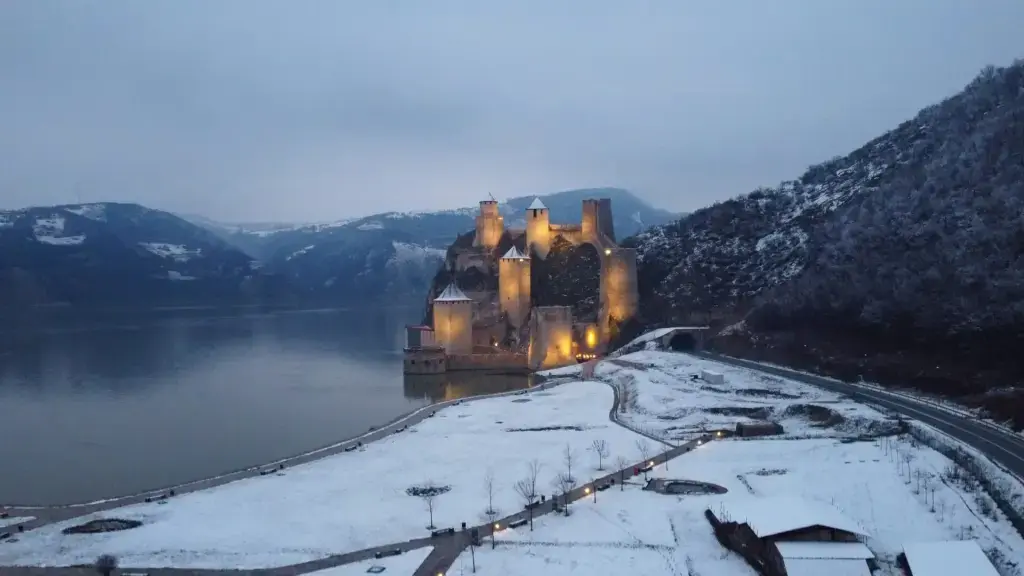
Silver Lake, a sparkling gem in eastern Serbia, not far from the town of Veliko Gradište.
This lake, with its calm, clear waters, is surrounded by beautiful nature.
Outdoor enthusiasts can enjoy swimming, fishing and boat trips.
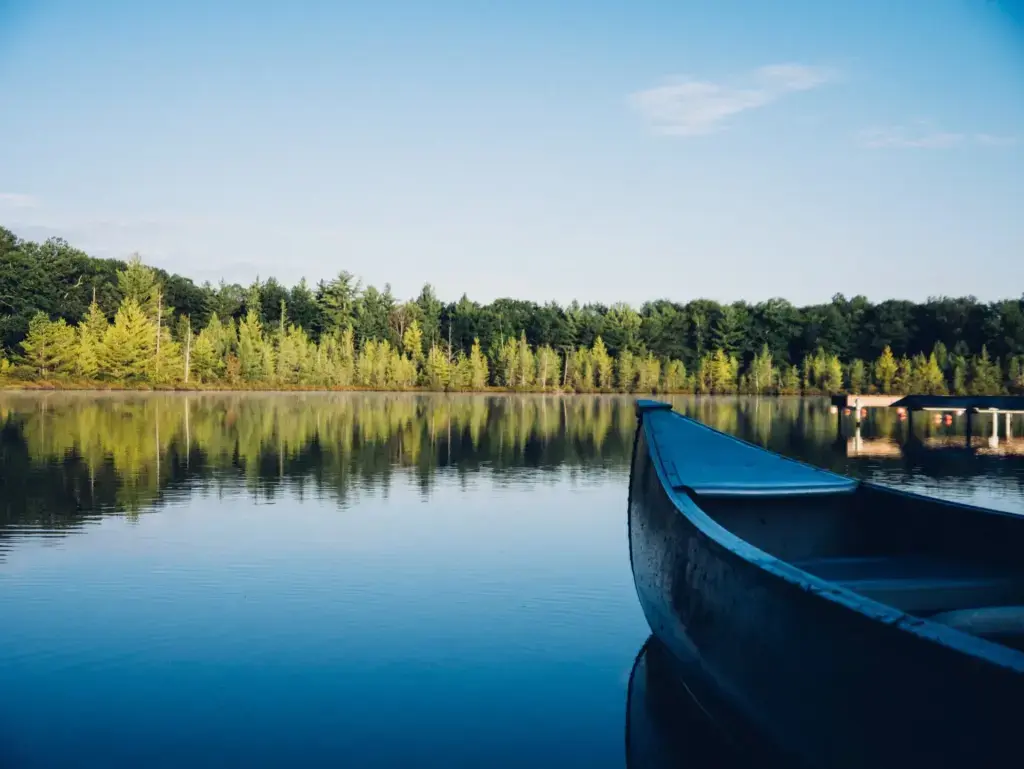
Palić Lake, nestled near Subotica in northern Serbia, stretches majestically before visitors’ eyes.
The zoo, thermal baths and surrounding nature park are major assets of this destination.
Strolls along the riverbanks, sailing and tasting local specialities keep the days lively.

Resava Cave, in eastern Serbia, reveals its underground wonders near the town of Despotovac.
Stalactites, stalagmites and draperies are the highlights of this natural treasure trove.
Guided tours allow you to explore these impressive formations sculpted by time.
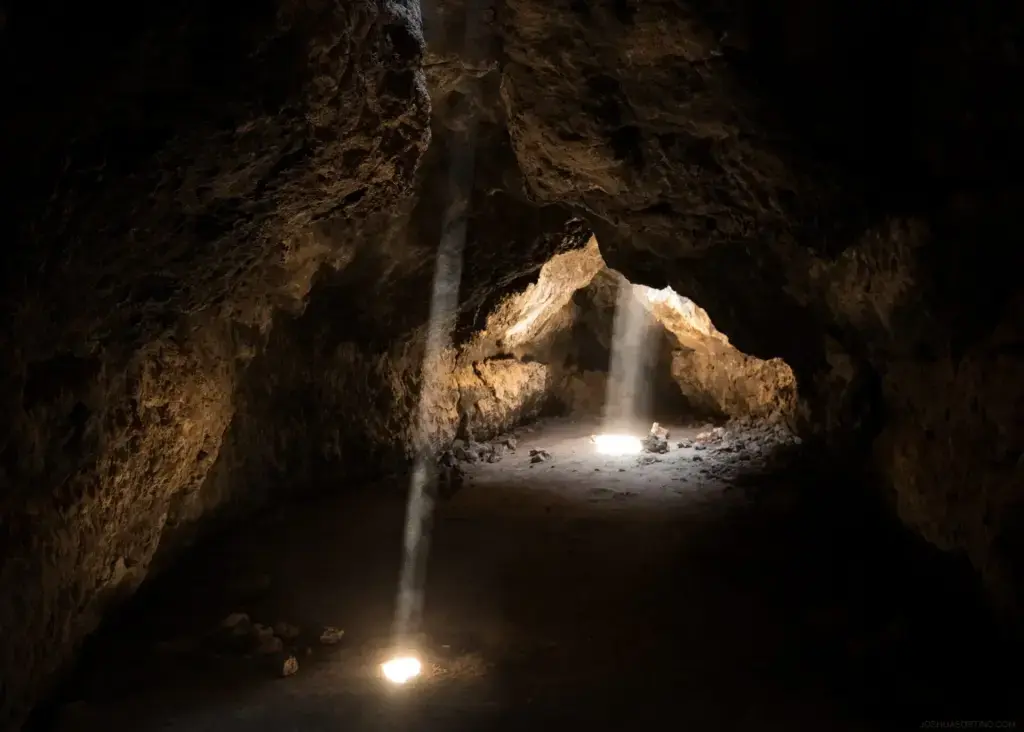
The beaches of Bel Air, ideally located close to Conakry, offer a breath of fresh air.
With its stretches of fine sand and turquoise waters, it’s a must for lovers of idleness.
Visitors come here to swim, sunbathe or sample local delicacies in the seaside restaurants.
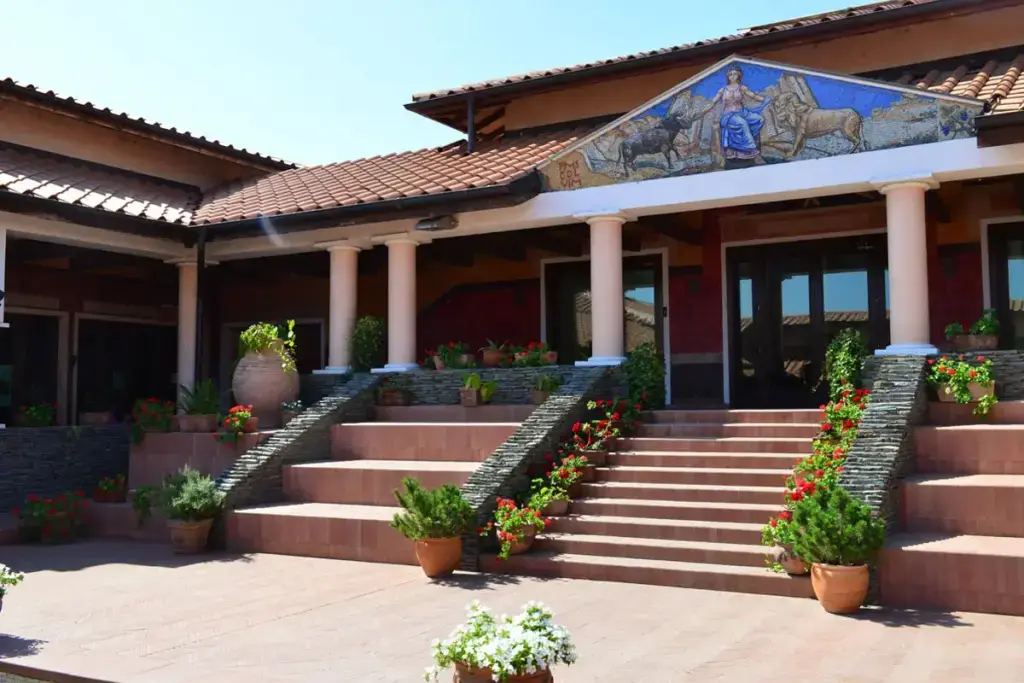
Do you have any questions?
Our teams are here to advise you!

4,3/5 on Trustpilot

Certified partners

Human & committed service

Customized offer

Optimal coverage